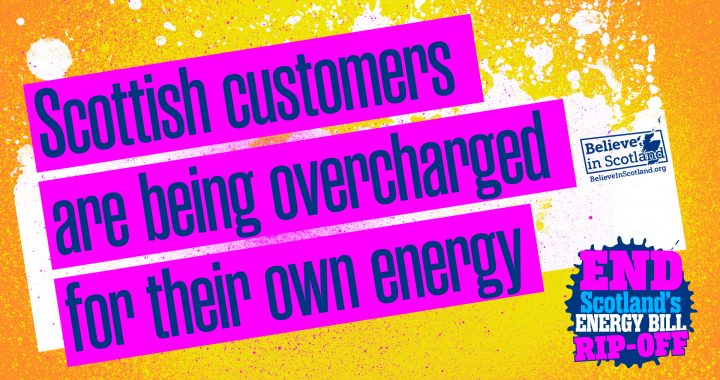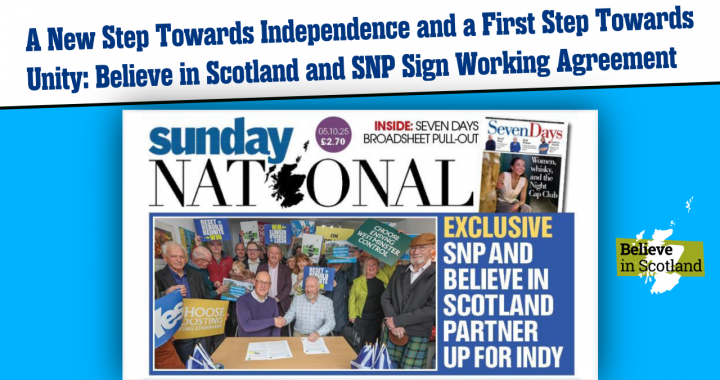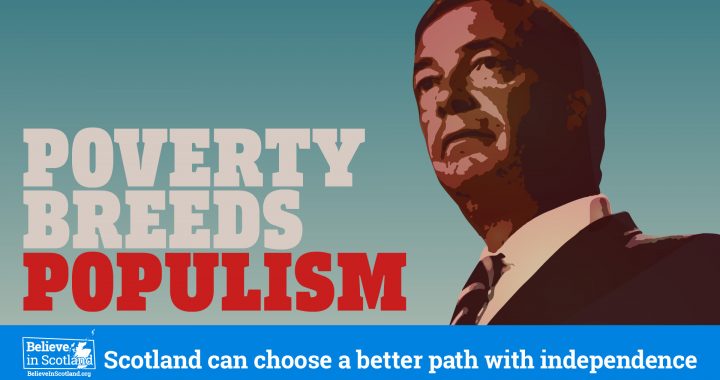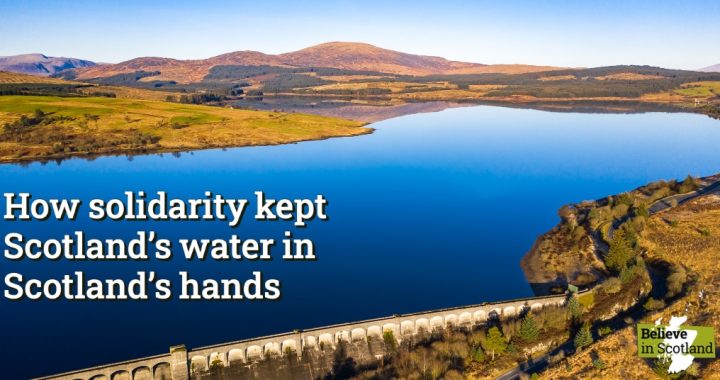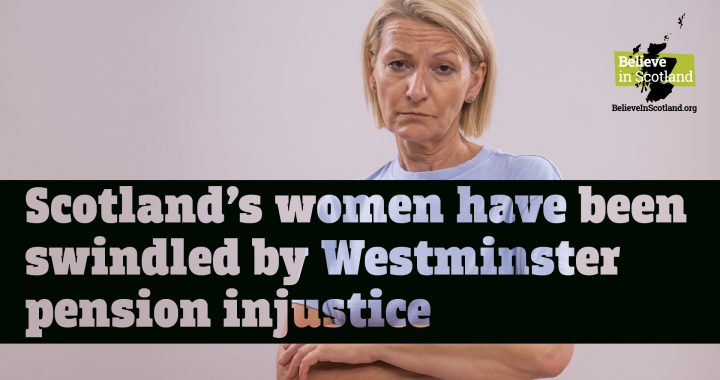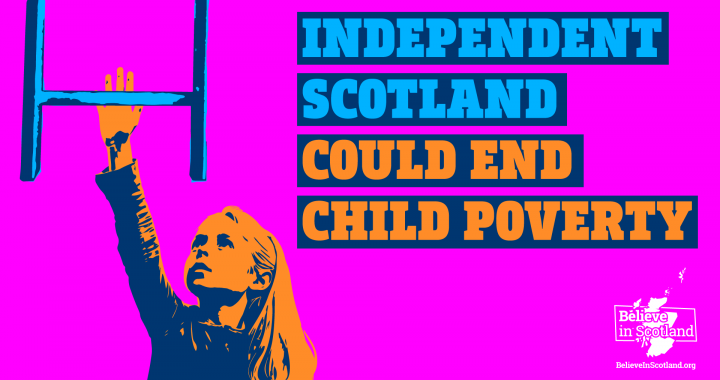Scottish customers are being ripped off by the UK energy system
Scotland generates an abundance of cheap, clean power. Scotland’s renewable energy costs about one-third of the price of fossil fuel-based electricity to make. Every year, we generate enough cheap renewable energy to cover Scotland’s needs. Yet our bills are sky high!
This contrast says it all
The Norwegians call that new proposal ‘The Norway Price’ – but you don’t pay The Norway Price, you pay the Broken Britain price and it’s almost ten times more than Norway is planning. You are being ripped off!
Your energy bills will be lower in an independent Scotland
An independent Scotland would have some of the lowest energy costs in the world, but as part of the UK we pay some of the highest prices for energy. This is because we pay the UK price for energy which is essentially set by the cost of fossil fuel-based generation in England.
Why? Because Westminster’s energy system is broken, so you pay more.
It’s Westminster’s flawed energy market policy that is increasing energy bills and, as energy is required for everything we make from food production to electronic goods etc, it’s that overpriced energy that is causing inflation and the cost of living crisis.
The fake “free market”
We’re told energy is priced by a free market. It isn’t. It’s a system privatised by governments Scotland didn’t vote for, stitched together with rules that let energy traders manipulate the price to their advantage – for example by never charging less than the price of gas, which is the most expensive way to generate energy.
How the UK Electricity Market Works (Basics + Marginal Pricing)
You may have to read this twice, as you are not going to believe this!
Here is how the UK electricity (and energy) market works including a hugely unfair policy called marginal pricing which is why gas prices drive up all electricity prices, even when in Scotland all of our generation needs are met from low-cost renewables.
Supply meets demand via “merit order” system
In each half-hour slot, system operators match electricity supply to demand. Generation companies are sorted by their short-run marginal cost (i.e. the cost to produce one additional Megawatt Hour (MWh) of energy). Renewables like wind, solar, hydro where Scotland excels have very low marginal costs, while gas plants have higher marginal costs (fuel + variable costs, carbon, pollution etc). The pricing system starts by taking in the lowest cost and then the next supplier is brought in via the merit order until demand is met. Then we pay the average price of all the different supplies right? Wrong!
Marginal (or “spot”) price setting
The last (and therefore most expensive – gas) energy producer needed to meet demand is the marginal generator and its cost sets the wholesale electricity price for all generation in that 30-minute slot. In other words: every supplier is paid the marginal cost, regardless of whether their generation cost was lower – hence enormous profits for renewable energy producers but no lower cost benefit to the consumer.
Why gas often sets the price
Gas plants are flexible and relatively quick to ramp up or down, so they are frequently used to balance fluctuations. Because gas plants are almost always the marginal price setting plant, their high fuel costs dominate the market price. The price of gas started rising in summer 2021 as the economy started to open up again after Covid and then rose again due to the gas supply issues related to the Russian invasion of Ukraine. So we have lived with this market dynamic for 4 years now and the UK government have done nothing whilst it drives inflation and causes fuel poverty.
UK Generation Mix & Recent Figures – why Gas pushes up the price you pay for electricity!
Put differently: you don’t pay the average cost; you pay the cost of the most expensive needed generator.
You can take a look at EnergyDashboard.co.uk and see exactly what the UK energy mix is at any one time and how much of the UK’s energy is met by hugely expensive gas that Scotland doesn’t need. At the time of writing this article Gas is making up 35.4% of the energy mix and you are paying through the nose for it.
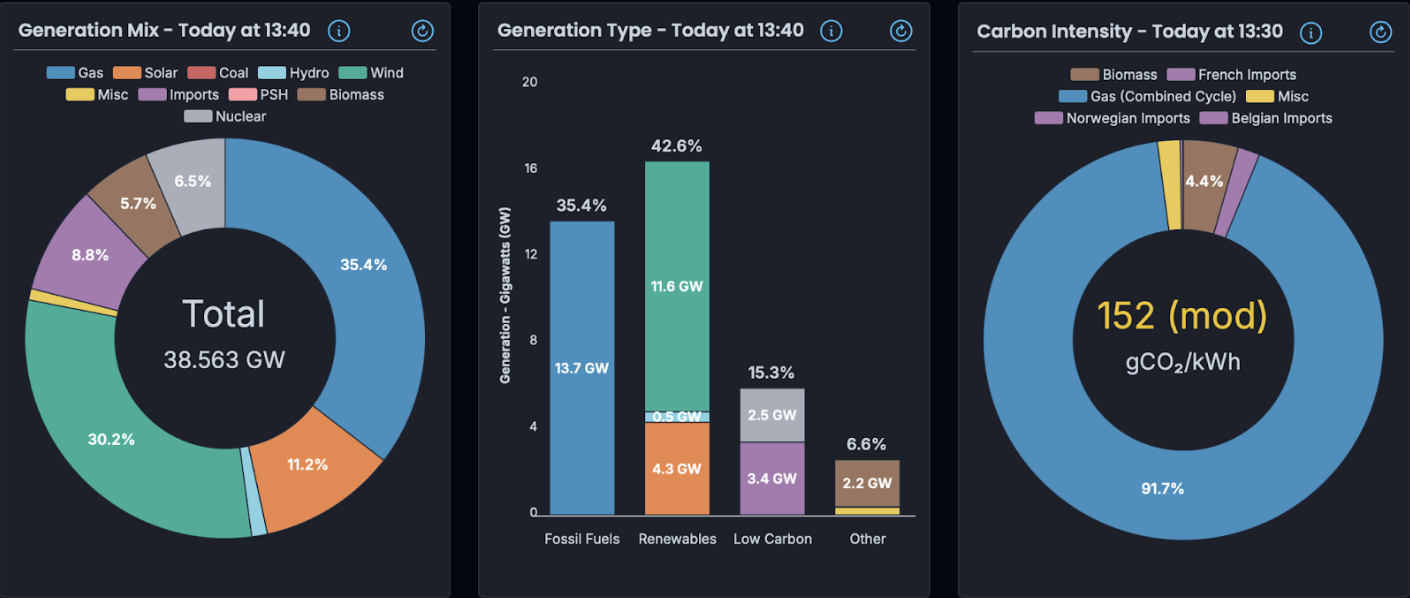
Scotland is a cheap renewables powerhouse
The latest figures show that Scotland generated 113% of its electricity needs from renewables. So in an independent Scotland, you would pay the lowest price possible for energy, switching Scotland from one of the most expensive nations in the world for energy to one of the cheapest. Given time and investment in hydro storage, we could start to consider if the Scotland Price could match the Norway Price – but to begin with your bills should drop by half or more.
Read the full article at Believe in Scotland by visiting the link below.. https://www.believeinscotland.org/scottish_customers_are_being_ripped_off_by_the_uk_energy_system?utm_campaign=energy_and_review_newsletter&utm_medium=email&utm_source=believeinscotland.

